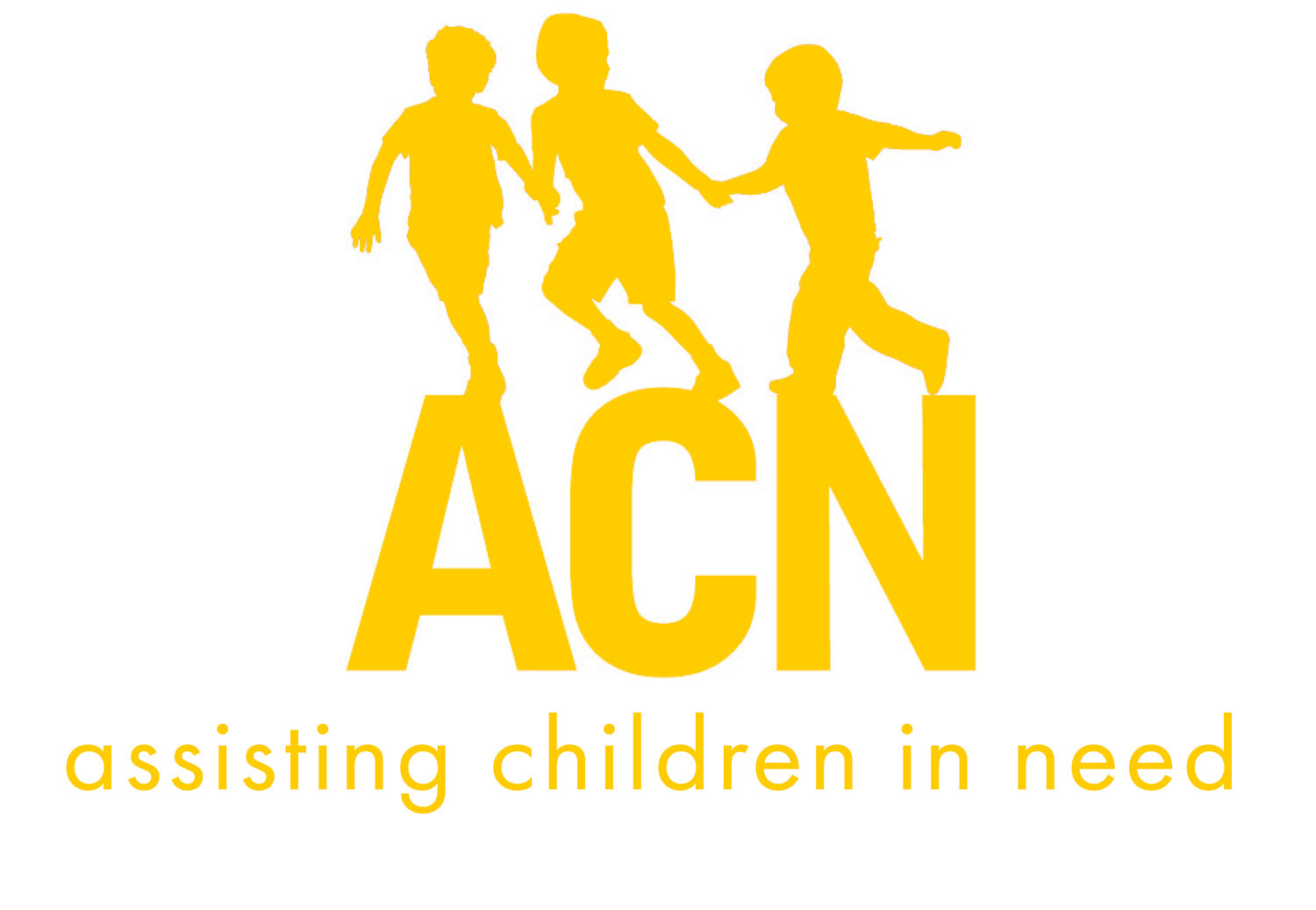HISTORY
HELPING CHILDREN MAKE SENSE OF A WORLD OFTEN DIFFICULT TO UNDERSTAND
Since 1972 Dr. Klein has embarked on a journey that has embraced the challenges of children throughout the world. As a young man he quickly determined that in order for challenges faced by leprosy patients and other marginalized populations to be effectively addressed, the strategy for assistance must be one of joint effort, with the helper assisting the persons being helped to identify their own challenges and their own solutions to those challenges in a context best known to them. He also learned from what he considers "the wisest of employers," the German Leprosy Relief Association, that "one should approach a project by empowering those being helped so that from the first day my personal involvement in the project is phased out." After many years serving Hansen's Disease (leprosy) patients, school children became involved in assisting other children less fortunate than themselves.
In 2001, Dr. Klein led a group of international boarding school students to Romania, where they were introduced to the country's homeless, physically challenged, abandoned, and HIV-positive children. Romania was selected as a destination for this school service trip because it was relatively close to the school, and because one of the largest numbers of pediatric AIDS cases in Europe could be found there. Once the student group returned to Switzerland, Dr. Klein founded a school club aimed at assisting the children they had just met. The club was named Assisting Children with AIDS, or "ACA."
ACA's research revealed that while the Romanian government would like to see all of its abandoned children in foster care, many children with special needs, e.g., abandoned children with HIV/AIDS, proved difficult to place. These children unfortunately had to remain in orphanages or large residences. Wishing to be in compliance with the government's policy on orphans and foster care, yet feeling that Romania did not need yet another large group home, ACA became determined to find a small apartment that could be converted into a foster home for not more than 2-3 orphans—an apartment that with three children would resemble almost every other apartment in the neighborhood.
A Romanian NGO (Non-Governmental Organization) was found to oversee the day-to-day management of the foster home, a house mother and assistant were found, and with the assistance of Romanian medical and social work professionals, children were identified in an orphanage who would best benefit from a foster care experience.
ACA raised a total of US $21,750, which put into motion the plan to attempt to bring "normalcy" to 2-3 abandoned HIV-positive children who had been institutionalized since infancy.
After renovating the foster home, ACA donated it to a Romanian NGO that had agreed to manage the home as long as ACA remained the financial sponsor. With these arrangements in place, the foster home officially opened its doors in March of 2003 for two abandoned girls. The two grew into three girls and ACA honored its role as financial sponsor, raising approximately US $19,000 each year to cover the foster home's administrative and operational costs.
Three years after establishing the foster home, Dr. Klein decided to not only expand ACA into a larger and more far reaching organization called Assisting Children in Need (ACN), but also to transform ACN’s first project, the foster home, into an independent living center that would benefit not only the three children who had grown up, but also other older teens needing to transition from welfare to self-care.
What started as one 23-year-old’s individual effort has evolved into a 501(c)(3) U.S.-recognized public charity. As ACN continues to grow, the list of individuals and organizations around the world that request grows, as well.
ACN CONTINUES TO FOCUS ON THE NEEDS OF TODAY'S CHILDREN
Too many abandoned children believe that their circumstances will never change and that no one cares about them. ACN does care, and with your support their circumstances will change. Together we can address the needs of abandoned children with life-threatening diseases, disabilities, or handicapping conditions, as well as the needs of institutionalized young people who strive for self-care rather than welfare. While wonderfully different in so many ways, all of these abandoned children have at least two things in common: they are all discriminated against in one way or another, and all are children in need of our support.
JOIN US!
If you are interested in supporting the many abandoned and orphaned children ACN supports in other parts of the world, wish to start a Chapter of ACN, or even name a project after yourself or a loved one,contact us at info@assistingchildreninneed.org. We'd love to hear from you.


















